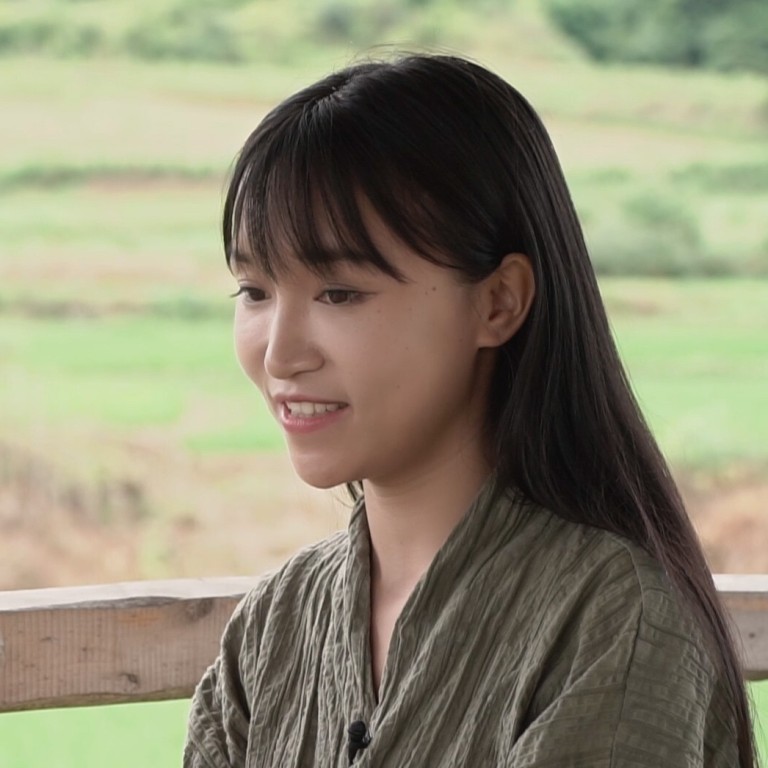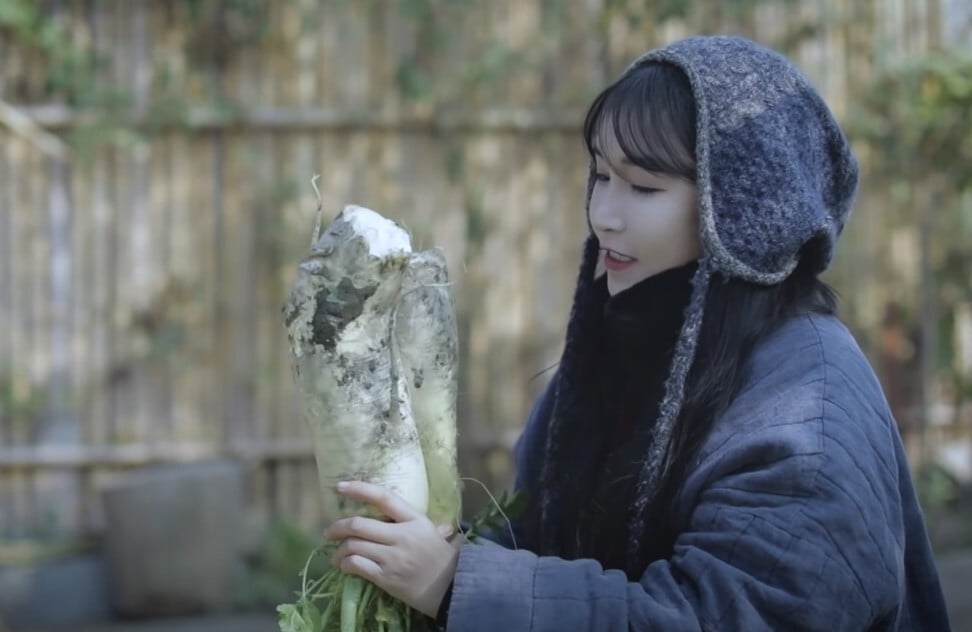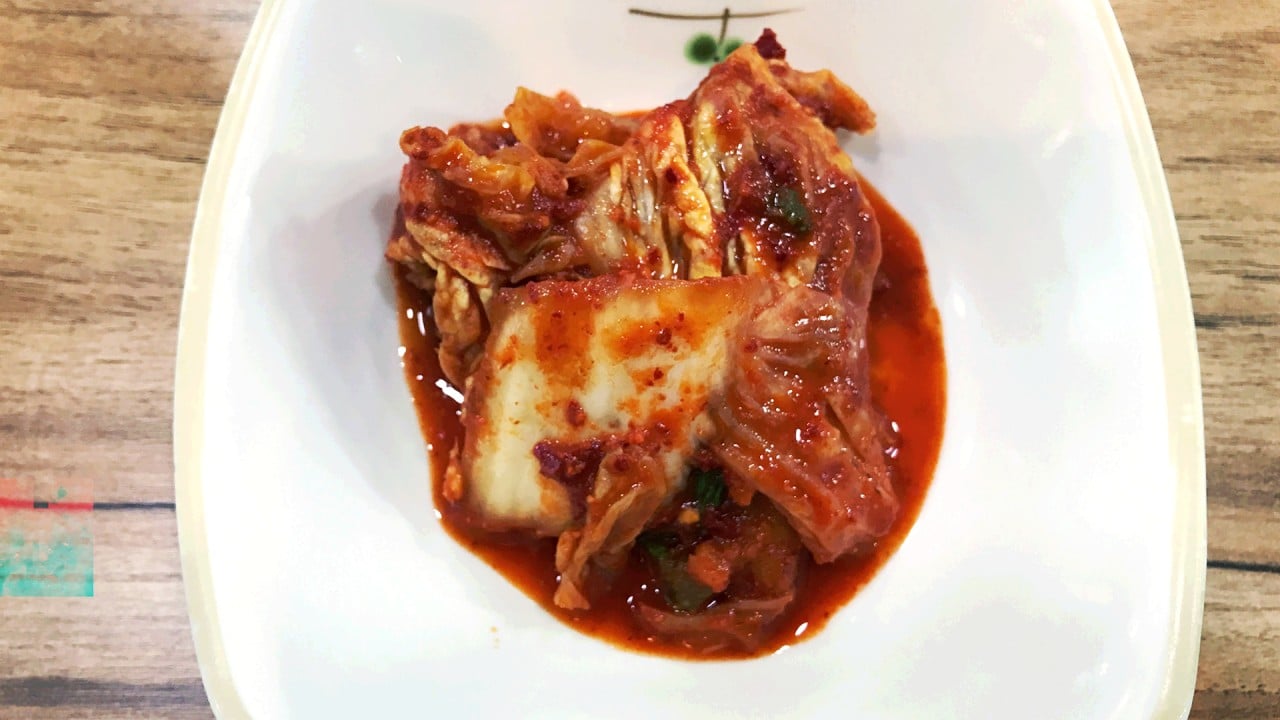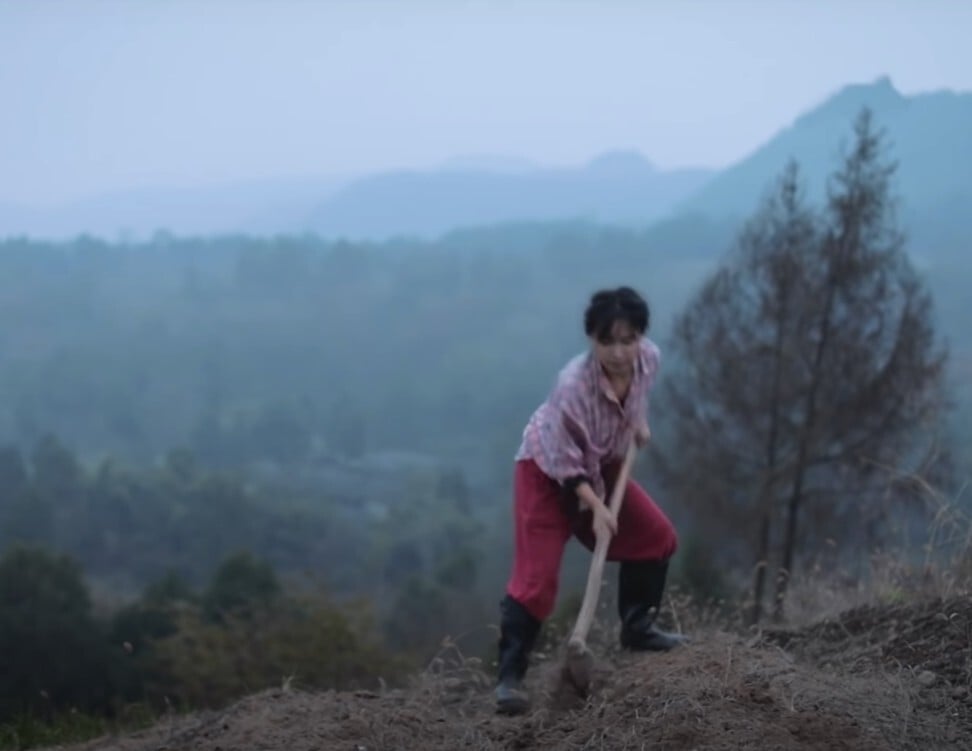
Kimchi wars: new China vs South Korea row sparked by internet star Li Ziqi’s vegetable pickling video
- The vlogger posted a video in which she pickles vegetables, using a method similar to kimchi making, and added the hashtags ChineseCuisine and ChineseFood
- The video prompted a backlash, with critics insisting kimchi is Korean and accusing Li of stealing from Korean culture. A similar row over kimchi flared earlier
Chinese internet culinary sensation Li Ziqi has sparked a renewed cultural clash between China and South Korea over kimchi.
The 19-minute video prompted a backlash online, with some of her critics accusing Li of stealing from Korean culture by claiming kimchi is Chinese, and reignited a long-standing cultural clash between the two countries.
Some viewers said the video – which was part of a series Li began last year – was an insult to Korean culture, and there were demands it be removed from the internet.

“Do you have a kimchi refrigerator in your house? I have one in my Korean home,” one commentator wrote in Korean.
“It is true to some extent that kimchi was derived from the Chinese dish … however, it is important to acknowledge the fact that these are two distinct dishes,” another wrote in English.
“It’s from Korea. She should delete this video,” another commented.

02:05
Kimchi, the latest cultural feud between South Korea and China
The 30-year-old internet star – who has 14 million followers on YouTube and a combined social media following of 58 million – shot to fame when she began posting ethereal, dreamy videos three years ago that give glimpses of traditional Chinese culture through food.
In the offending video, titled, “The Life of a White Radish”, Li takes viewers through the vegetable pickling process step by step, from plucking the cabbage from the ground to pickling it along with bok choy, radish and sausages, and applying a spicy seasoning. She then uses the fermented vegetables to make a soup.

It’s not the first time Chinese and Korean internet users have clashed over kimchi on social media.
That claim was refuted by the ISO, which clarified that the certification was for pao cai, not kimchi. Pao cai is a typical Chinese pickled vegetable dish, but differs from kimchi in its preparation method and the ingredients used.

Critics said the method Li showed for pickling vegetables was very similar to that used in making kimchi.
“It’s total nonsense, what a thief stealing our culture!” a South Korean internet user wrote on Naver.com, a popular online site. But Li is not short of supportive followers. They have come to her aid online, quoting historical documents to show Chinese have been pickling vegetables for thousands of years.
Some mocked Koreans for “fighting over such petty matters”.

Cultural clashes between China and Korea aren’t only food-focused. They have argued about the origins of various clothing items, the practice of acupuncture, and even traditional holidays.
In November, Chinese comic-book artist Old Xian came under fire after she posted a drawing on Weibo, China’s Twitter, of four characters in traditional Chinese dress, known as hanfu.
How to make cabbage kimchi

Chinese internet users responded by claiming that the Korean traditional dress had in fact evolved from Chinese culture, with various items – including hats – having first been worn during China’s Ming dynasty (1368-1644).
Li did not respond to the Post’s request for comment.

.jpg?itok=H5_PTCSf&v=1700020945)